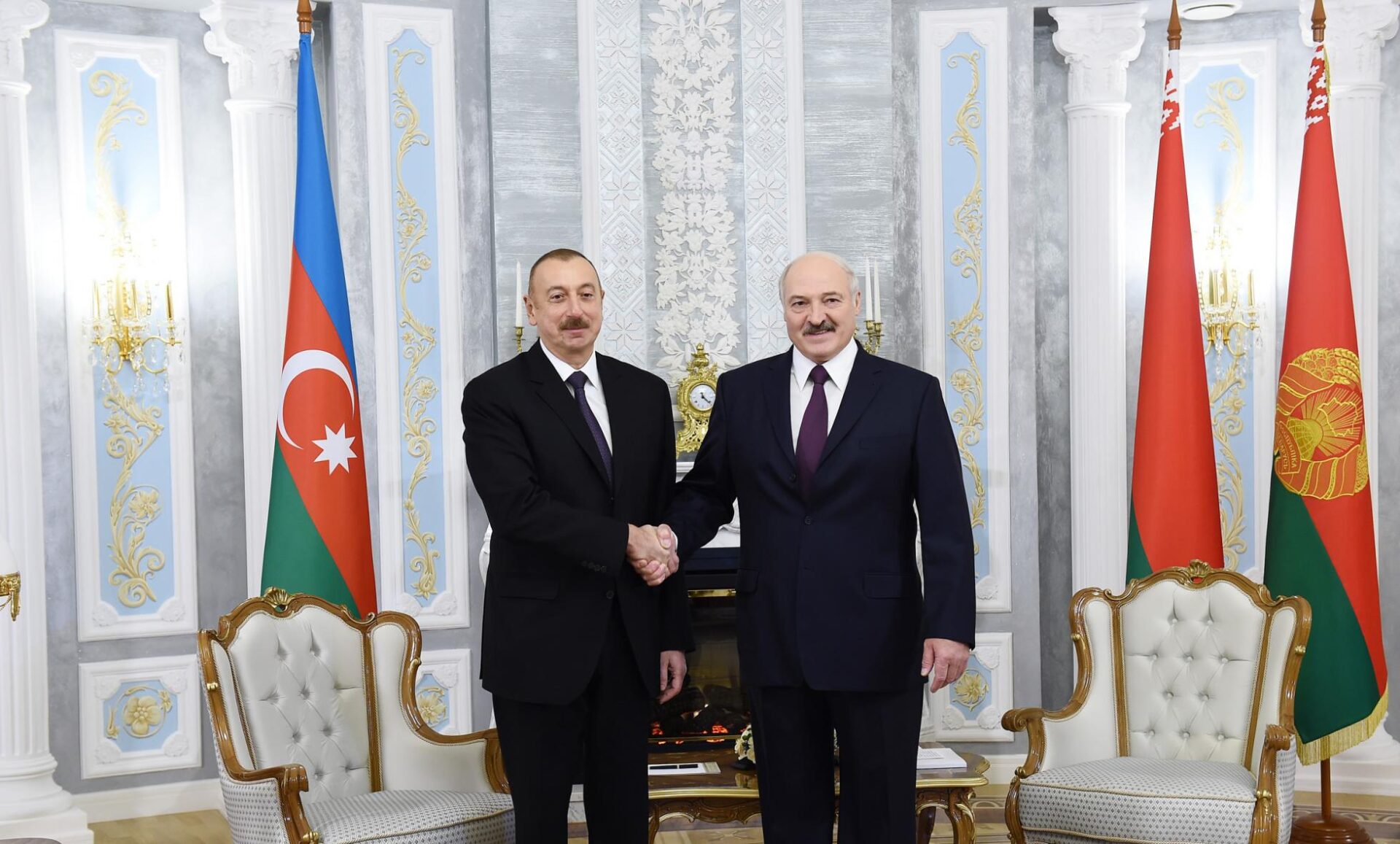A new investigation has revealed that Belarus, despite being Armenia’s formal ally within the Collective Security Treaty Organization (CSTO), covertly supplied Azerbaijan with weapons later used to target Armenian drones during the 2020 Artsakh (Nagorno-Karabakh) war.
Documents obtained by the Organized Crime and Corruption Reporting Project (OCCRP), in collaboration with Armenian outlet Hetq and Belarusian exile media Buro Media, show that Belarusian defense firm Tetraedr sold and maintained Pechora-2TM surface-to-air missile systems for Azerbaijan. Company records indicate these systems were “actively used” during the conflict, successfully downing at least 11 Armenian drones.
Tetraedr signed at least 16 contracts to supply and support Azerbaijan’s military, including two worth over $13 million for maintenance and support of Pechora-2TM systems, signed shortly after a visit by Azerbaijan’s Defense Minister to Minsk in October 2017. Many contracts were routed through a British Virgin Islands-based intermediary, N.P.O. Navigation Systems, linked to Azerbaijani businessmen Fuad Seyidaliyev and Arif Rahimov. Ownership later passed to Israeli national David Sutovsky. Experts warn that such opaque structures heighten the risks of corruption.
These findings align with earlier reporting by Politico in June 2024, which cited letters, bills of sale, and export passports showing that Belarus provided artillery modernization, electronic warfare equipment, drones, and counter-drone systems to Azerbaijan between 2018 and 2022.
The documents disclosed by Politico included letters from the Belarusian state arms export agency to its own military-industrial firms relating to orders of state-of-the-art artillery targeting equipment for Azerbaijan, as well as correspondence between the two states agreeing to purchase Groza-S counter-drone mobile warfare stations for Azerbaijan’s armed forces.
The revelations underscore a stark contradiction: while Armenia relied on the CSTO for security guarantees, Belarus not only armed Azerbaijan but publicly supported its military operations. In 2023, President Alexander Lukashenko named Baku’s offensives a “war of liberation.”
In June 2024, Armenian Prime Minister Nikol Pashinyan announced that neither he nor any official Armenian representative would visit Belarus while Lukashenko remained in power.
“One of the leaders of the CSTO declares that he participated in the preparation of the 44-day war, inspired, believed, and wished for the victory of Azerbaijan. After that, should I go and sit down with Lukashenko in the CSTO format and discuss any issue?” Pashinyan said, adding that Armenia would still need to engage with the EEU and CIS in some capacity, but official visits to Belarus were off the table.
Tensions continued into December 2024, when Pashinyan and Lukashenko exchanged tense words during a Supreme Eurasian Economic Council session in St. Petersburg. Pashinyan stated that Armenia would attend the May 2025 EAEU Minsk summit remotely via video link rather than in person. Lukashenko challenged the decision, prompting a brief verbal exchange in which Pashinyan insisted his stance was final, highlighting the ongoing diplomatic friction between Yerevan and Minsk.
In January 2025, Lukashenko criticized Pashinyan’s growing engagement with the European Union, warning that it could “destroy Armenia,” signaling that tensions between the two allies remain high.


